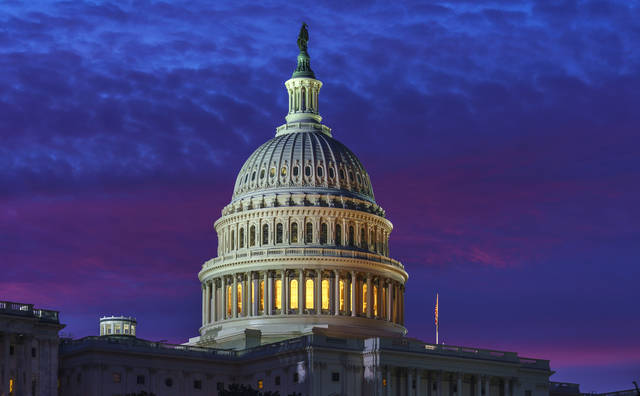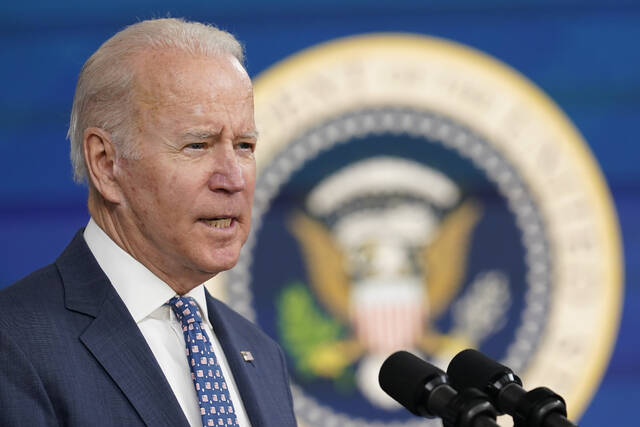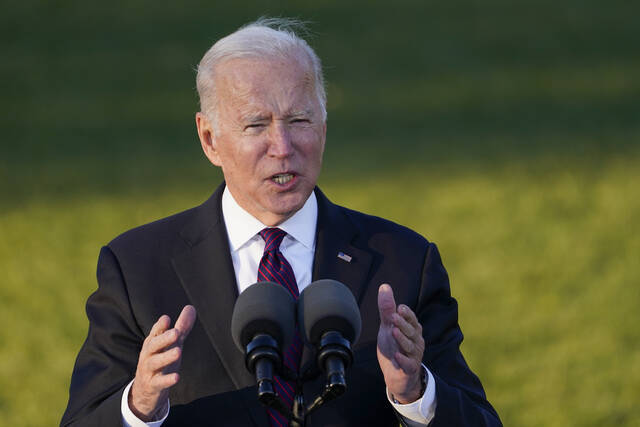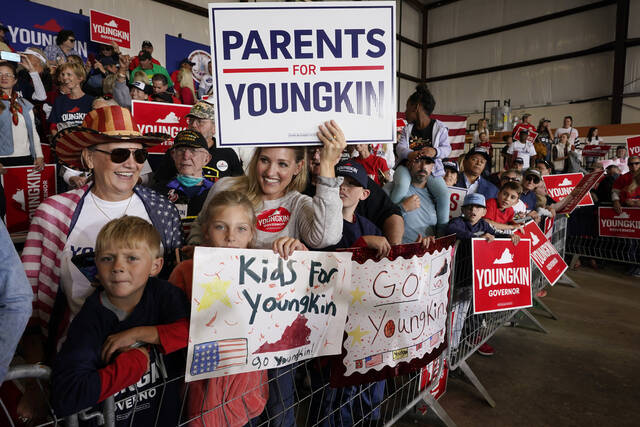“How many legs does a dog have if you call his tail a leg?” asked President Abraham Lincoln, who answered his own question:
“Four. Saying that a tail is a leg doesn’t make it a leg.”
And Congress saying D.C. is a state would equally contradict truth and reality, as our nation’s capital lacks all of the attributes of a 51st state of the Union.
Whence came our capital of Washington, D.C.?
The city was carved out of Maryland and Virginia in 1790, which voted to cede 100 square miles on the Potomac for a capital city of the United States to become the domicile of the federal government.
In 1846, Virginia’s share of the land, some 32 square miles, was ceded back. What was left was today’s Washington, D.C., of 68 square miles.
Is that sufficient for a state of the Union? Only if one wishes to change the character and composition of that Union.
Consider. The smallest state for 230 years has been Rhode Island. At 1,214 square miles, it is still 18 times as large as D.C. If D.C. were to become a state, it would be a microstate, smaller than every one of the 24 remaining counties of the state, Maryland, from which it was carved.
The Maryland counties that border D.C., Montgomery and Prince George’s, are eight times the size of D.C., and each has a million people, dwarfing the 700,000 residents of D.C.
Directly across the Potomac in Virginia is Fairfax County, also eight times as large as D.C., and with hundreds of thousands more people.
Statehood for little D.C. could start a trend where mega-cities like Chicago and New York, with five and 10 times the size and population of D.C., secede from their respective states and seek full statehood as well.
What is at the root of this drive to make D.C. a state?
The answer may be found in the political character of our capital city.
Since the 23rd Amendment was ratified, 60 years ago, D.C. residents have voted in 15 presidential elections. In all 15 elections, D.C.’s three electoral votes have gone to the Democratic nominee.
Even in the 49-state Nixon and Reagan landslides of 1972 and 1984, D.C. went four- and five-to-one Democratic. In eight presidential elections since 1990, the GOP nominee has failed to win 10% of the D.C. vote.
Since the mid-1970s, D.C. has had home rule and, in every election since, has chosen a Democratic mayor and a Democratic city council.
Which brings the question: What is D.C.’s grievance that America must somehow rectify by making it a state?
Answer: Democrats want D.C. to have two senators to cement their control of the U.S. Senate, as they pack the Supreme Court by expanding the number of justices from nine to 13.
This is a naked national power grab — pure and simple.
If the real concern were the inability of the D.C. electorate to vote for members of Congress, that could be remedied — by returning the residential portions of D.C. to Maryland, whence they came, or by allowing D.C. residents to vote in Maryland’s congressional elections.
Making D.C. a state would send two Democrats to the Senate indefinitely. But it would violate the Constitution and compact under which the nation was founded. And it would start a stampede for other disfiguring alterations, like packing the Supreme Court by adding four new justices.
Puerto Rico, the U.S. Virgin Islands, the Northern Mariana Islands, Guam and American Samoa could follow soon and enter claims to become states of the American Union.
And a second unraveling of the republic would begin.








